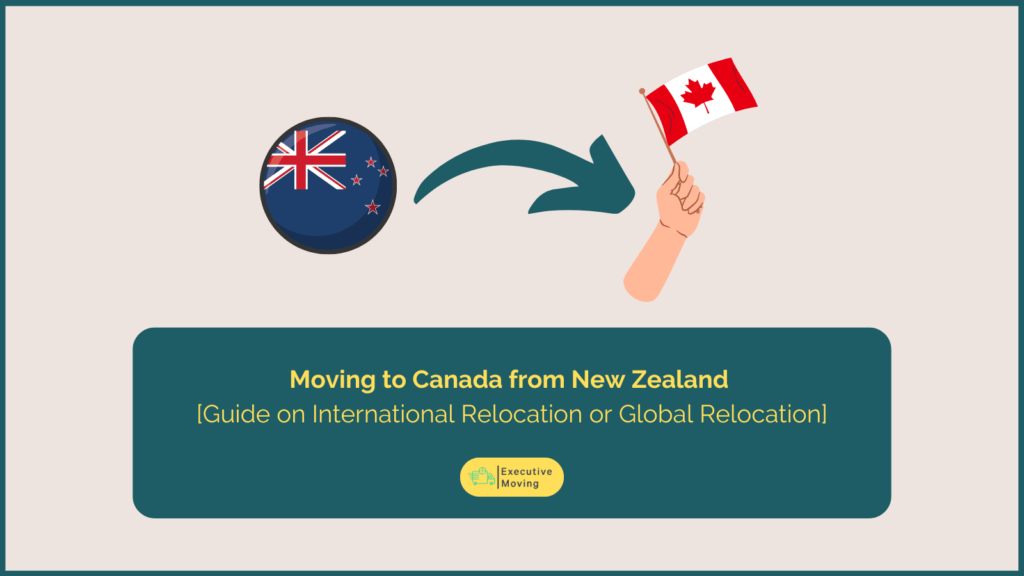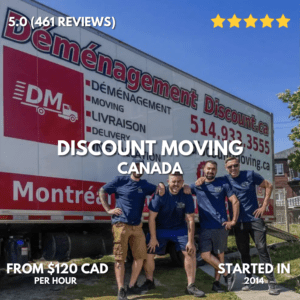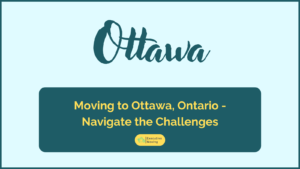
The Ultimate Guide to Moving to Kansas: Everything You Need to Know
The Ultimate Guide to Moving to Kansas: Everything You Need to Know Hey there! So you’re contemplating a moving to Kansas plan? First of all, fun fact, it is considered the sunflower state. Also, you’re in for a treat! From the rolling prairies to the vibrant cities, this Midwestern gem









